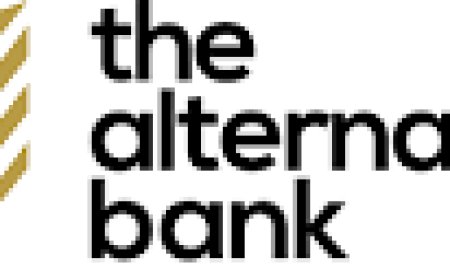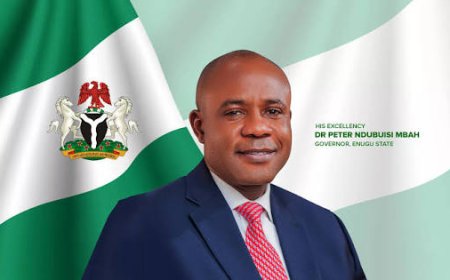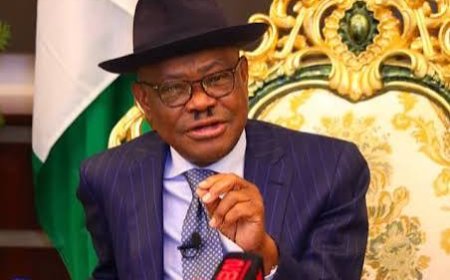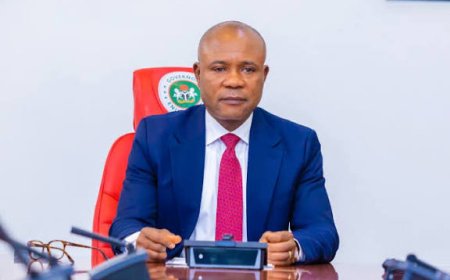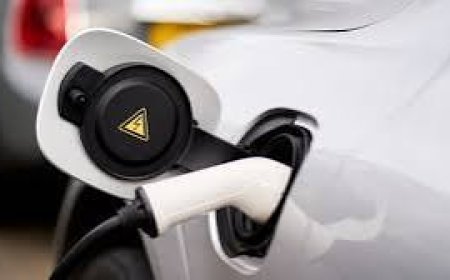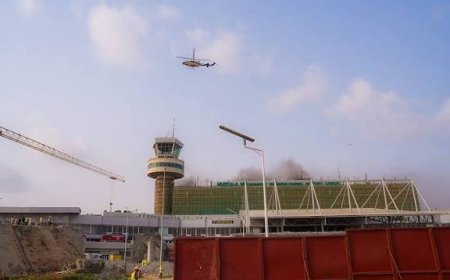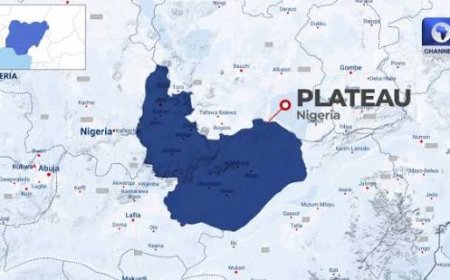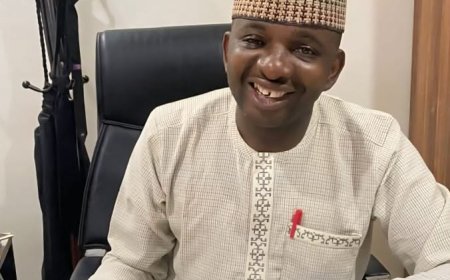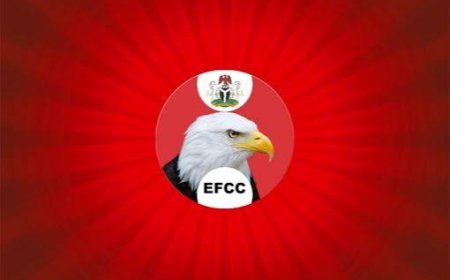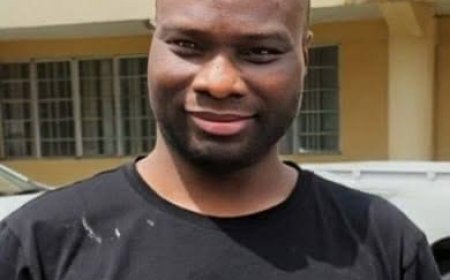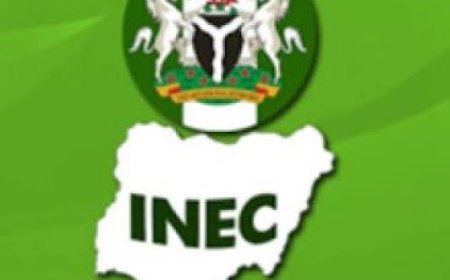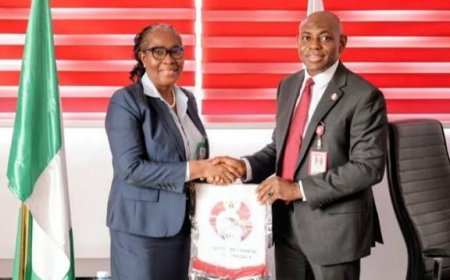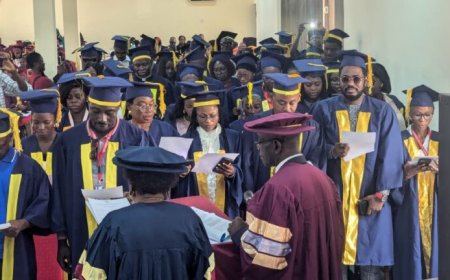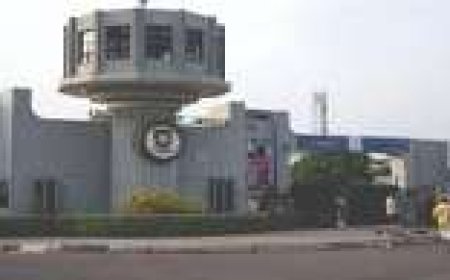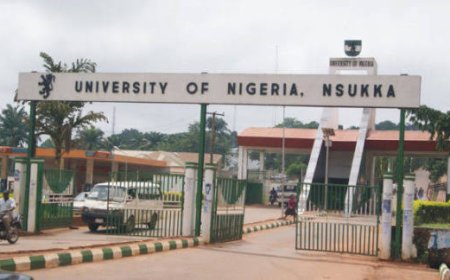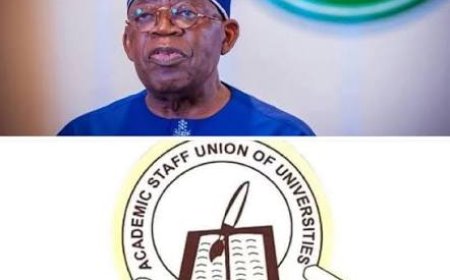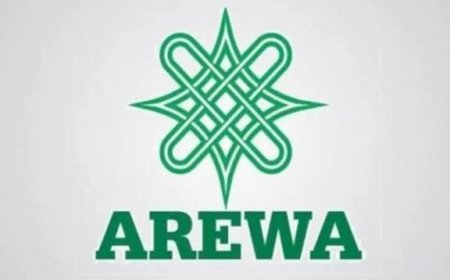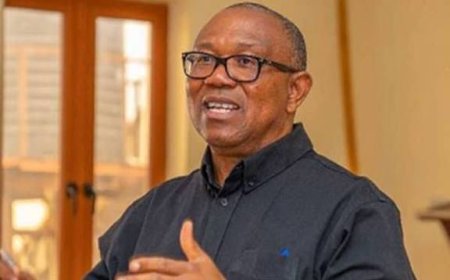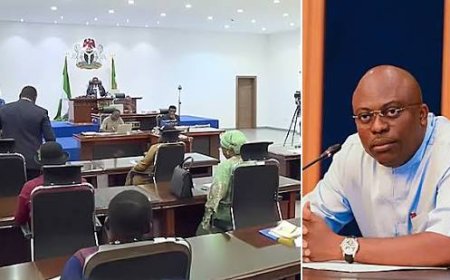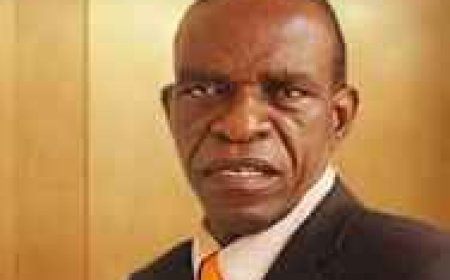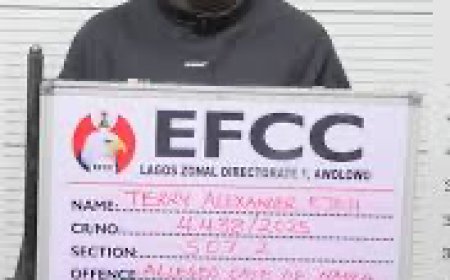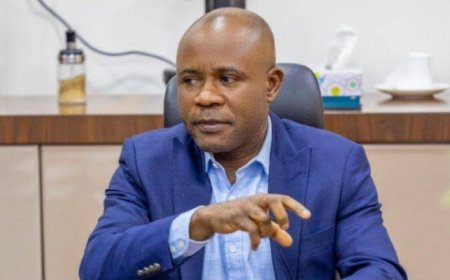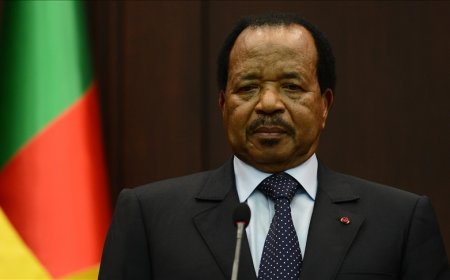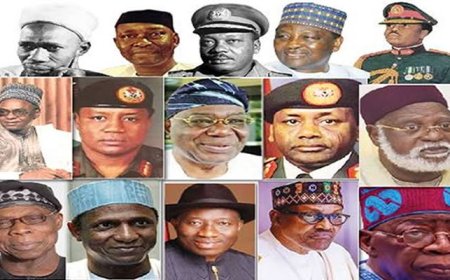Trust In Tinubu’s Govt Low ---- Survey
A new survey by the Africa Polling Institute, API, has revealed a sharp decline in public trust and confidence in President Bola Ahmed Tinubu’s administration, the National Assembly, and the Judiciary, raising fresh concerns about Nigeria’s social cohesion.
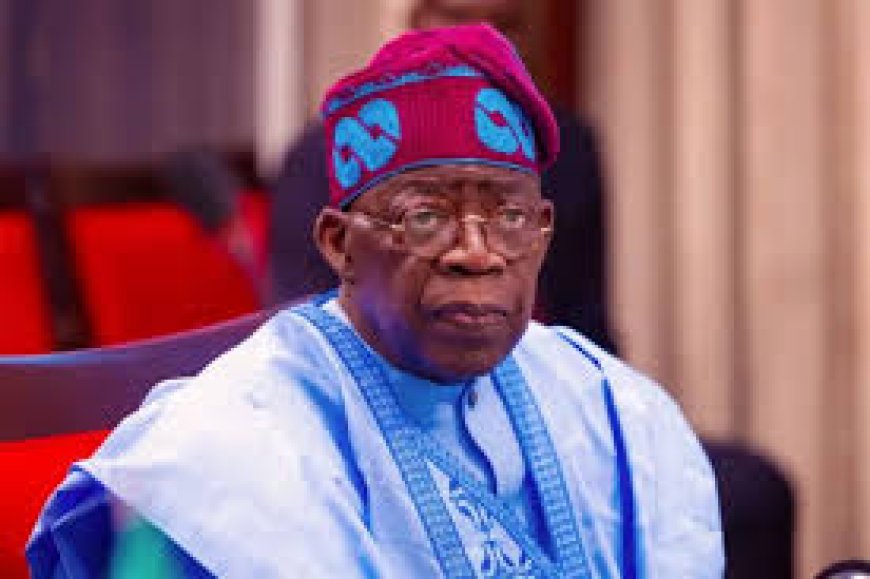
A new survey by the Africa Polling Institute, API, has revealed a sharp decline in public trust and confidence in President Bola Ahmed Tinubu’s administration, the National Assembly, and the Judiciary, raising fresh concerns about Nigeria’s social cohesion.
According to the 2025 Nigeria Social Cohesion Survey released at national dialogue in Abuja at the weekend, a staggering 83 percent of Nigerians expressed little to no trust in the Tinubu-led federal government, while 82 percent said the same about the National Assembly under Senate President Godswill Akpabio and House Speaker Abbas Tajudeen.
The Judiciary, currently led by Chief Justice Kudirat Kekere-Ekun, also fared poorly, with 79 percent of respondents saying they do not trust the institution to act independently or fairly.
“Overall, the Nigeria Social Cohesion Index, NSCI, was computed at 46.8 percent, falling below the 50 percent average benchmark for a socially cohesive nation, signaling a weak state of unity, trust, and shared identity among citizens.
“This year’s data shows that trust and confidence in public institutions are at their lowest levels since we began tracking in 2019,” said Prof. Bell Ihua, Executive Director of API.
The survey, conducted between January and February 2025, interviewed 5,465 Nigerians across the country using face-to-face household visits in major local languages.
It measured citizens’ perceptions across 14 key indicators including identity, trust, civic participation, corruption, gender equity, and future expectations.
The report found that citizens, though divided by ethnicity and politics, appear united by a shared struggle – primarily economic hardship.
According to the report, many Nigerians cited rising costs of food, transport, and basic services as significant daily concerns under the current economic realities dubbed the “Tinubu economy.”
“53% of Nigerians feel ‘disappointed in Nigeria’, while only 33% feel proud of the country,” the report noted.
On ethnic identity, only 11% feel more Nigerian than ethnic, compared to 27% who identify more with their ethnic group.
Despite widespread disillusionment, the report said a majority still show willingness to participate in nation-building efforts.
The survey revealed that 76% are willing to engage in political processes to improve the country;79% are willing to cooperate across ethnic lines; 91% support inter-ethnic marriages, and 64% support inter-religious marriages.
On gender inclusion, 71% believe women should be allowed to lead across sectors, while 63% said they would vote for a female president.
Nonetheless, only 39% rated the government’s efforts at promoting gender equity as satisfactory.
While 56% of respondents believe Nigeria’s future could be better, 53% admitted they would relocate abroad with their families if given the chance.
Also, 59% expressed dissatisfaction with their current quality of life as Nigerians.
API’s Recommendations
The API called for the establishment of a National Cohesion Commission to guide policies and initiatives that strengthen unity, foster inclusive governance, and rebuild public trust.
The think-tank urged the Federal Government to forge a new social contract that clearly outlines the responsibilities of the state to its citizens, beyond what is currently captured in the non-justiciable Section 2 of the 1999 Constitution.
It also tasked government institutions such as the National Orientation Agency, Federal Ministry of Information, and the Nigeria Television Authority with shaping new national narratives that promote belonging, inclusion, and unity.
“Civil society organisations also have a critical role to play in rebuilding trust and driving peaceful co-existence,” Prof. Ihua emphasised, adding that active citizen participation in civic engagements and grassroots dialogues remains key to reshaping Nigeria’s future.
The 2025 report is the fourth in API’s social cohesion series, following previous editions published in 2019, 2021, and 2022.
What's Your Reaction?










